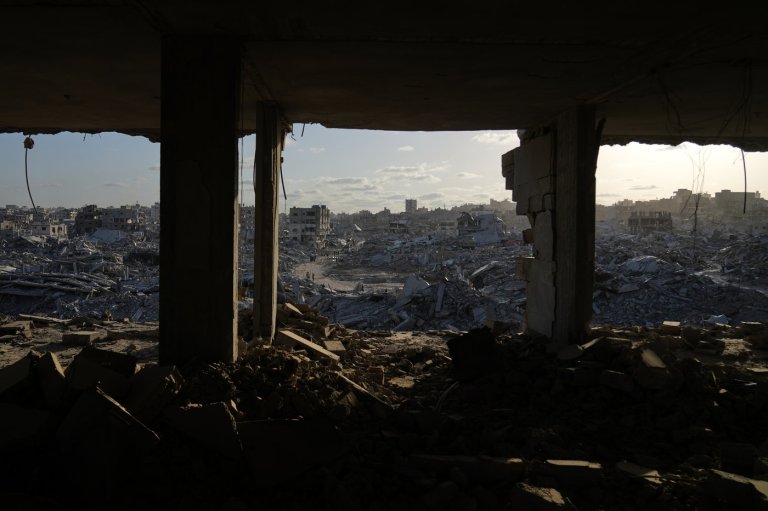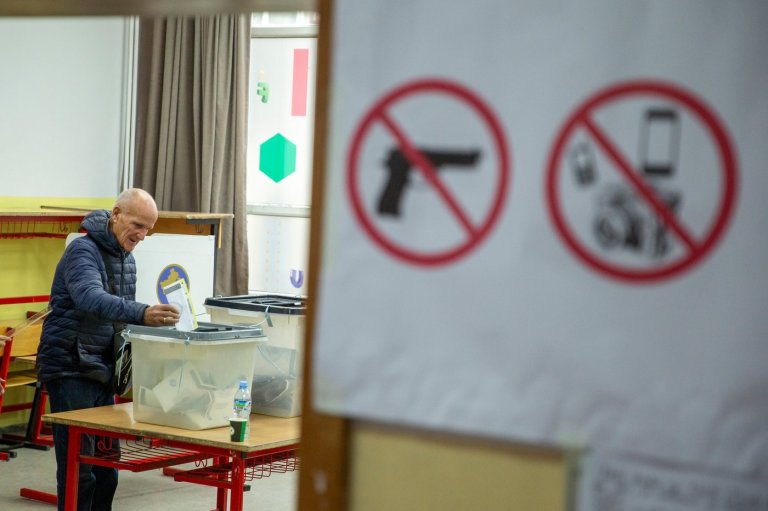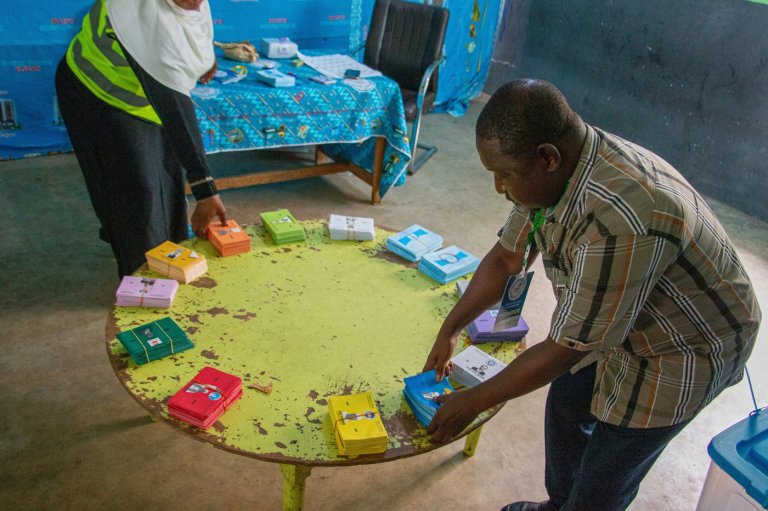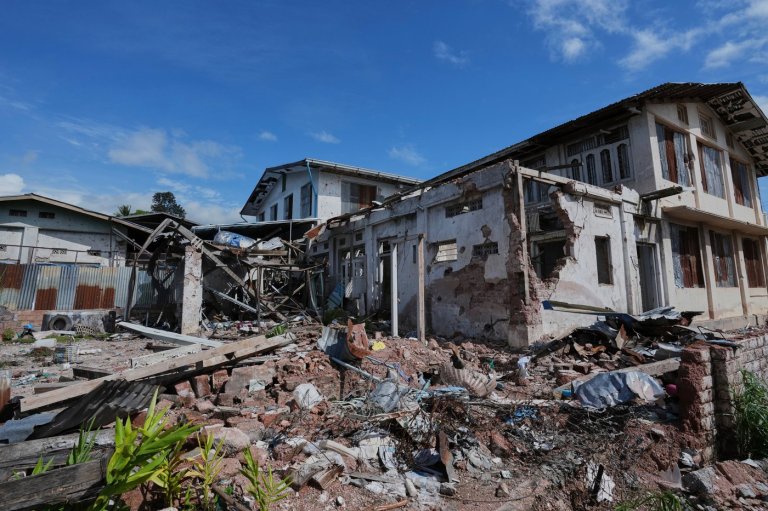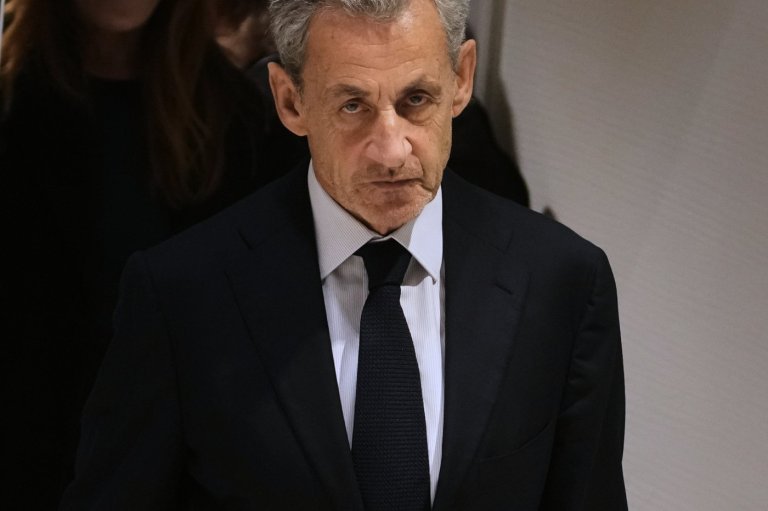NATO official: Russian moves in Ukraine pose ‘grave challenge’ to global security system
WASHINGTON – The United States and some of its NATO allies see Russia’s intervention in Ukraine as a post-Cold War turning point, possibly ending two decades of hope that Moscow could be made a lasting security partner.
NATO’s deputy secretary general, Alexander Vershbow, said Thursday that the alliance is compelled to view Russia as an adversary in light of its annexation of Crimea and its apparent efforts to further destabilize eastern Ukraine.
Vershbow, a former U.S. ambassador to NATO and onetime Pentagon official, said Russia’s interventionist stance of late poses “grave challenges” to global security arrangements that have developed since the end of World War II.
“What the Russians have done … is effectively overturned a lot of the pillars of the international security system that we’ve come to know and be comfortable with,” he said.
With the Ukraine crisis and NATO’s deteriorating relations with Moscow as a backdrop, Defence Secretary Chuck Hagel was delivering a speech Friday on the future of the Western alliance and how it can maintain its relevance.
Hagel was expected to argue that the crisis in Ukraine represents a “coalescing moment” for the alliance that should be used to improve NATO defence capabilities, according to an official familiar with his speech preparation.
Fear of Russian aggression is most acute among newer NATO members such as Poland and other Eastern European states that once were part of the Soviet sphere of influence but chose to join the Western alliance after the breakup of the Soviet Union in 1991. Some older NATO members in Europe are less alarmed and see less urgency in trying to punish Moscow for its moves in Ukraine.
In his speech, Hagel also was expected to draw linkages between military security and economic security, in Europe and more broadly, the official said. The official spoke on condition of anonymity because the remarks were still being prepared.
Sen. Carl Levin, chairman of the Senate Armed Services Committee, said Thursday that after a recent trip to Ukraine he believes Washington needs to stiffen its support for the Ukrainian government in its confrontation with Moscow.
“Russia’s effort to dismember their country through the threat of force, if allowed to succeed, could undermine decades of stability and a peaceful, democratic and united Europe,” he said.
In his remarks to reporters Thursday, Vershbow said Russia now is a NATO adversary.
“Clearly the Russians have declared NATO as an adversary, so we have to begin to view Russia no longer as a partner but as more of an adversary than a partner,” he said.
“In central Europe, clearly we have two different visions of what European security should be like,” Vershbow said. “We still would defend the sovereignty and freedom of choice of Russia’s neighbours, and Russia clearly is trying to reimpose hegemony and limit their sovereignty under the guise of a defence of the Russian world.”
In April, NATO suspended all “practical civilian and military co-operation” with Russia, although Russia has maintained a diplomatic mission to NATO it established in 1998.
Vershbow said NATO, created 65 years ago as a bulwark against the former Soviet Union, is considering new defensive measures aimed at deterring Russia from any aggression against NATO members along its border, such as the Baltic states that once were part of the Soviet Union.
“We want to be sure that we can come to the aid of these countries if there were any, even indirect, threat very quickly before any facts on the ground can be established,” he said.
To do that, NATO members will have to shorten the response time of its forces, he said.
Vershbow said that among possible moves by NATO is deployment of more substantial numbers of allied combat forces to Eastern Europe, either permanently or on a rotational basis.
For the time being, he said, such defensive measures would be taken without violating the political pledge NATO made in 1997 when it established a new relationship with Moscow on terms aimed at offsetting Russian anger at the expansion of NATO to include Poland and other nations on Russia’s periphery. At the time, NATO said it would not station nuclear weapons or substantial numbers of combat troops on the territory of those new members. For its part, Moscow pledged to respect the territorial integrity of other states.
Vershbow argued that Russia has violated its part of that agreement by its actions in Ukraine, and thus, “we would be within our rights now” to set aside the 1997 commitment by permanently stationing substantial numbers of combat troops in Poland or other NATO member nations in Eastern Europe. He said that question will be considered by leaders of NATO nations over the summer, culminating in a meeting in Wales in September of President Barack Obama and the heads of the 27 other members of the alliance.
Simon Saradzhyan, an expert on Russian security policy, said it’s doubtful that Vershbow’s view that Russia is now an adversary of the Western alliance will be embraced by NATO’s other major powers. He said he doubts Germany and France, which have substantial economic and business ties to Russia, would do so.
If NATO were to officially designate Russia as an adversary, Moscow likely would retaliate by cutting off avenues of co-operation, including the use of Russian territory for the movement of war equipment and supplies in or out of Afghanistan, Saradzhyan said. He is assistant director of the U.S.-Russia Initiative to Prevent Nuclear Terrorism at Harvard University’s Belfer Center for Science and International Affairs.
___
Follow Robert Burns on Twitter at http://www.twitter.com/robertburnsAP
Join the Conversation!
Want to share your thoughts, add context, or connect with others in your community?
You must be logged in to post a comment.













